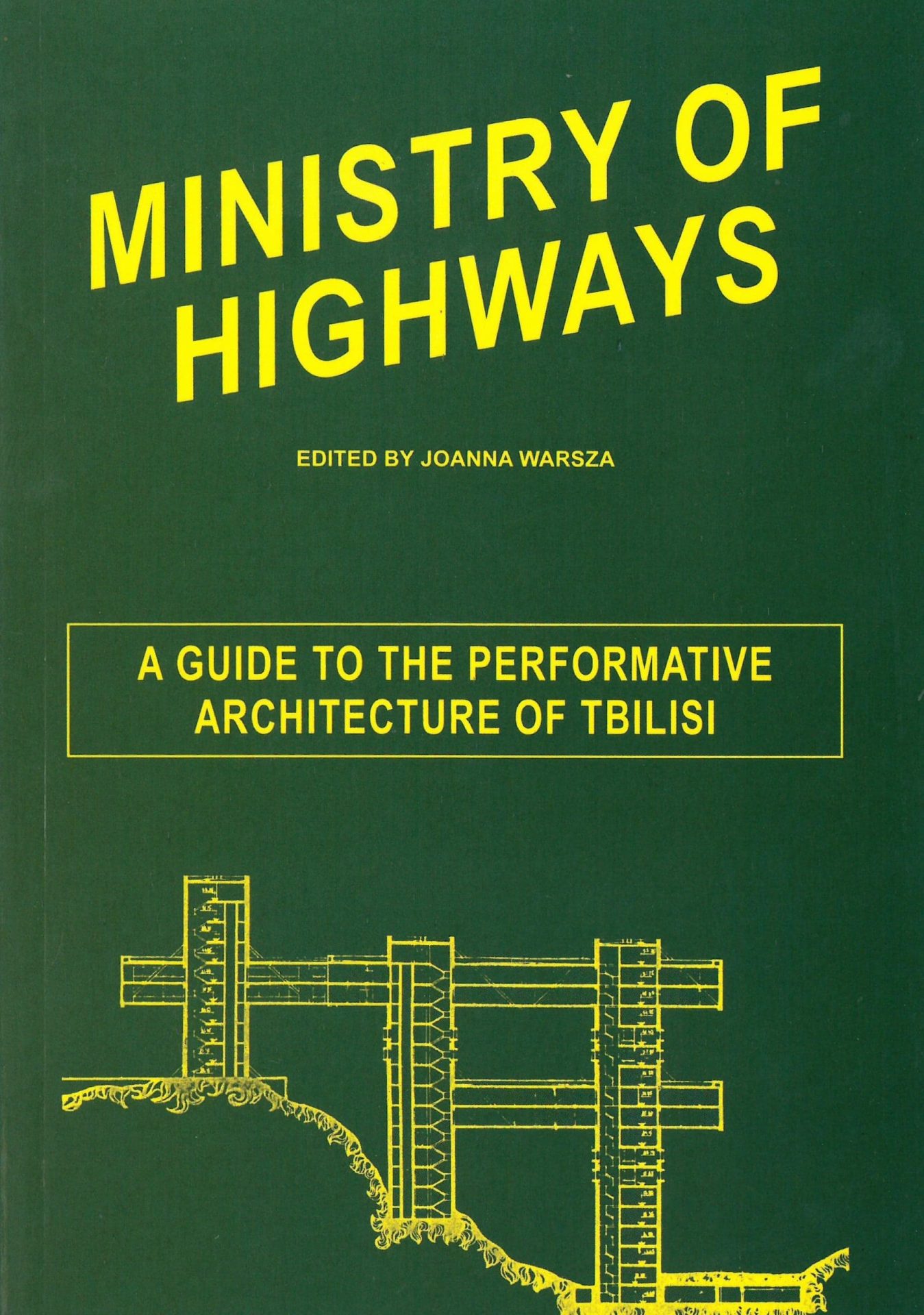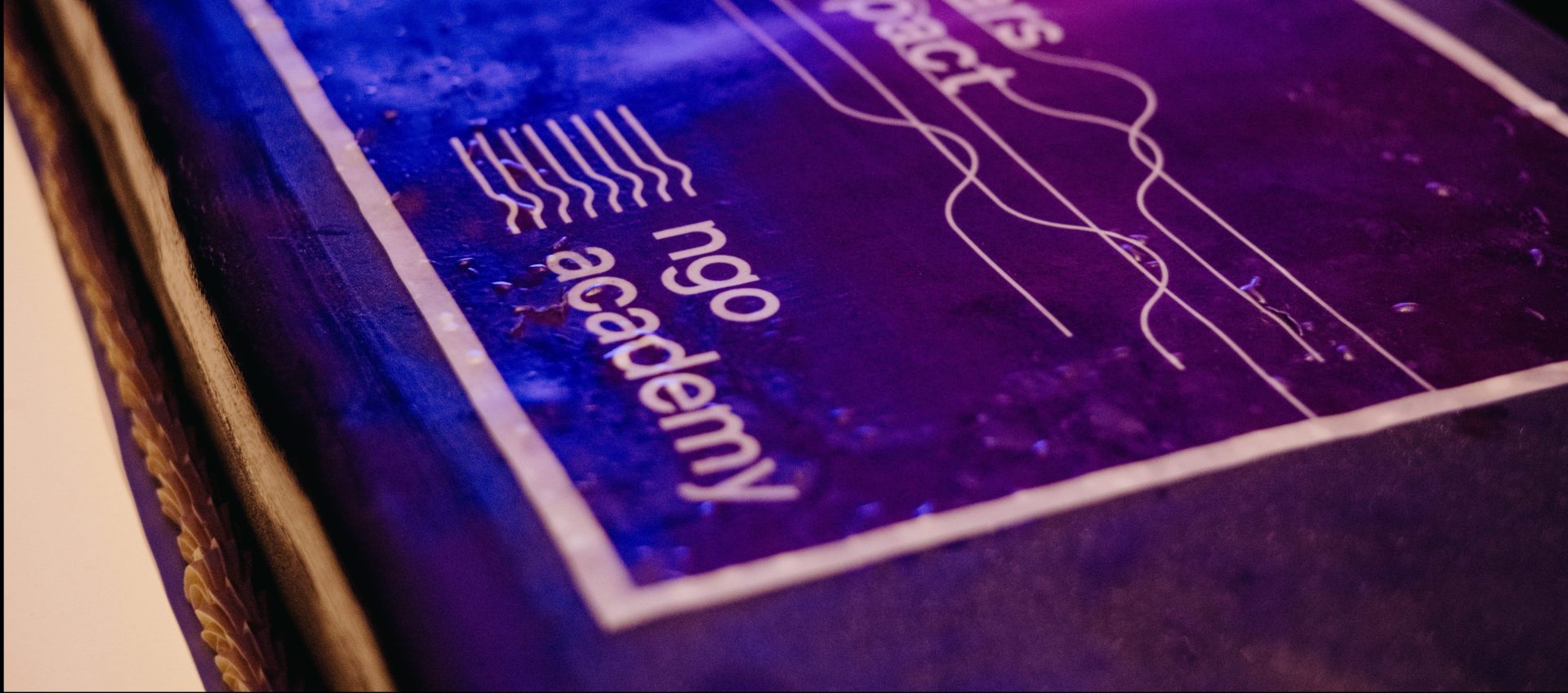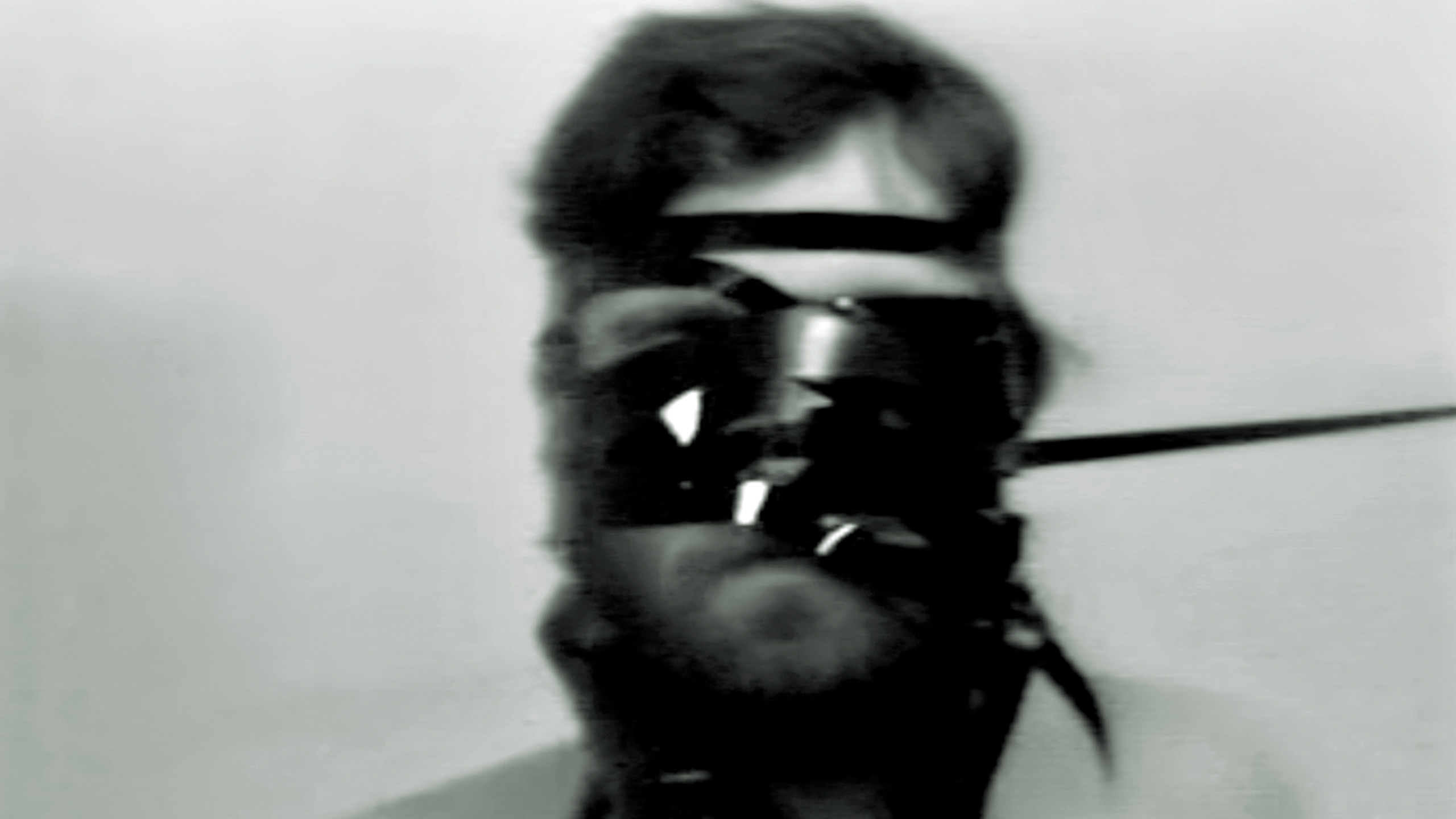
Publications

Ministry of Highways – A Guide to the Performative Architecture of Tbilisi
Editor: Joanna Warsza
Publisher: Sternberg Press et al., Berlin
Content: 216 pages
ISBN: 978-3-943365-72-6
Year: 2013
With contributions by Ei Arakawa, Ruben Arevshatyan, Levan Asabashvili, Bouillon Group, George Chakhava, Thea Djordjadze, Didier Faustino, Yona Friedman, Nana Kipiani, Nikoloz Lutidze, Marion von Osten, Nini Palavandishvili, Gela Patashuri, Lali Pertenava, Marjetica Potrč, Richard Reynolds, Slavs and Tatars, Gio Sumbadze, Sophia Tabatadze, Éric Troussicot, Jan Verwoert, Aleksandra Wasilkowska, et al.
Once described as »Italy gone Marxist», Georgia, located in a both advantageous and vulnerable geopolitical position between the Black Sea, Russia, Central Asia, and the Middle East, enjoys a Mediterranean climate and viniculture in combination with a community-oriented and self-determined spirit. Its informal, vernacular, and palimpsestic architecture—reflected in the stunning former Ministry of Highways erected in 1975—reveals the uncanny anticipatory and progressive potential of a place where the past is neither monumentalized nor destroyed, but built upon. Taking the exhibition “Frozen Moments: Architecture Speaks Back” (2010) as its starting point, this guidebook maps the social, urban, and art discourses of the country’s post-Soviet years as seen from its hilly capital of Tbilisi.
The publication accompanies the exhibition of the Georgian Pavilion at the 55th International Art Exhibition – la Biennale di Venezia titled “Kamikaze Loggia”, curated by Joanna Warsza.
This publication is available at ERSTE Foundation Library.



